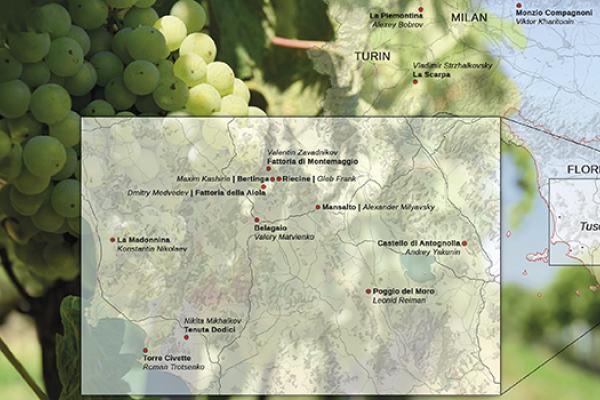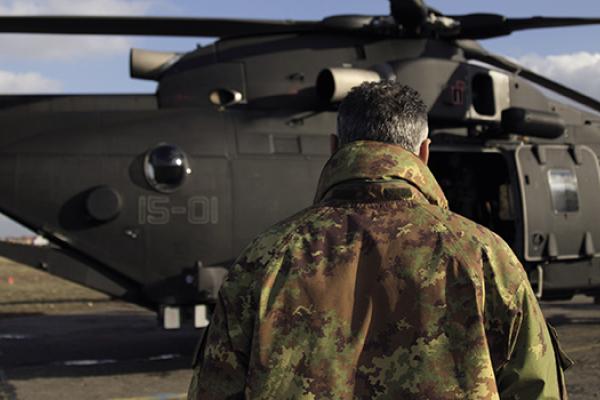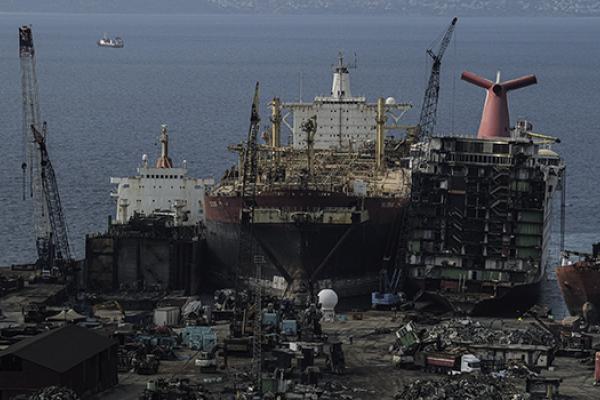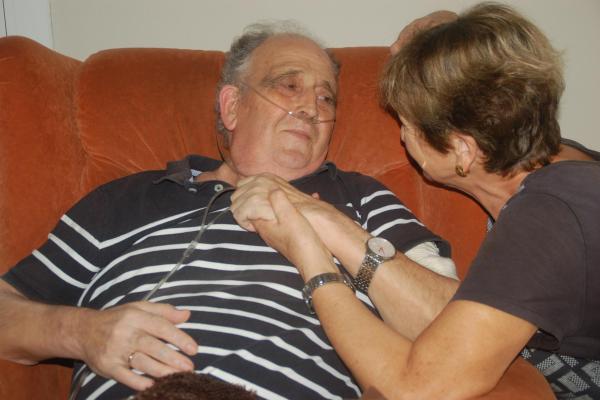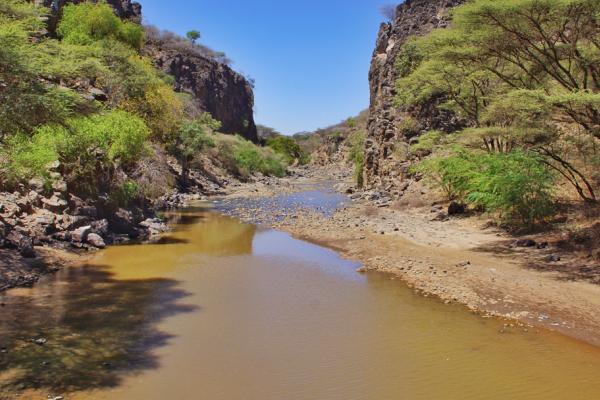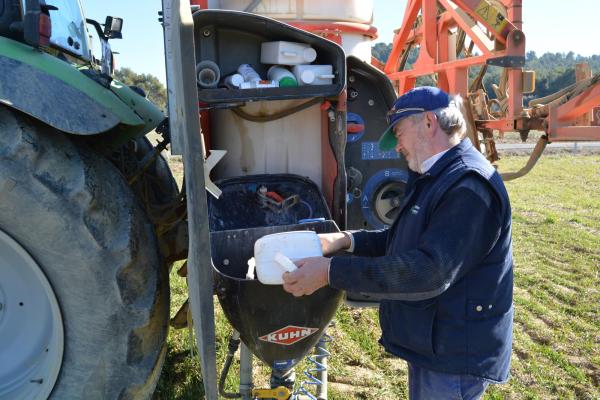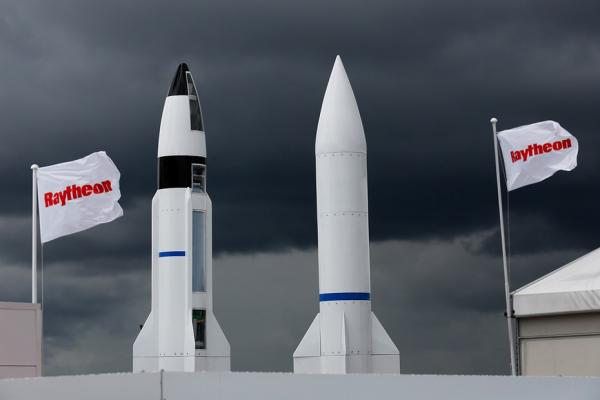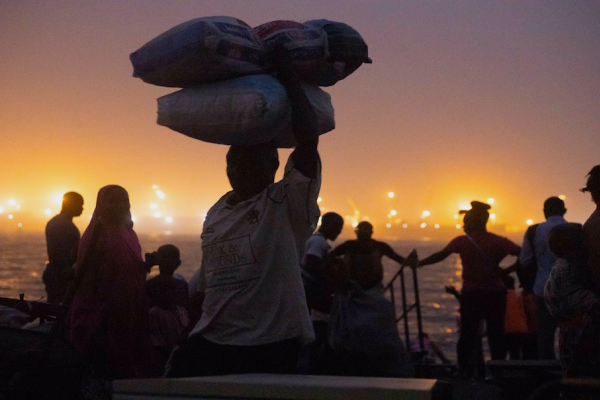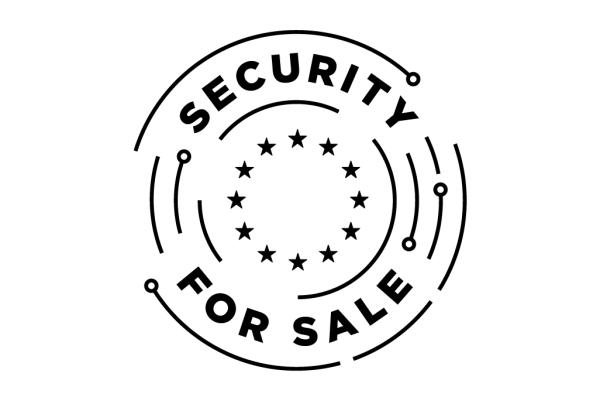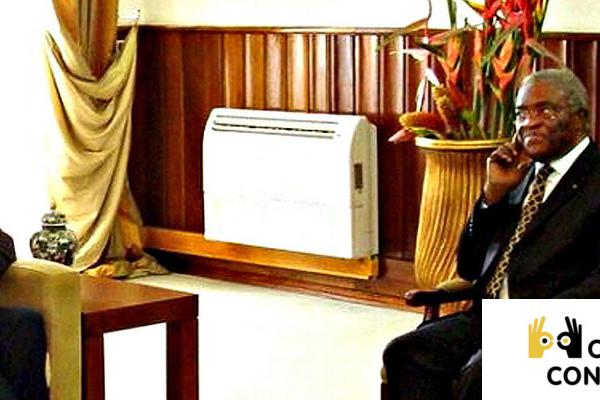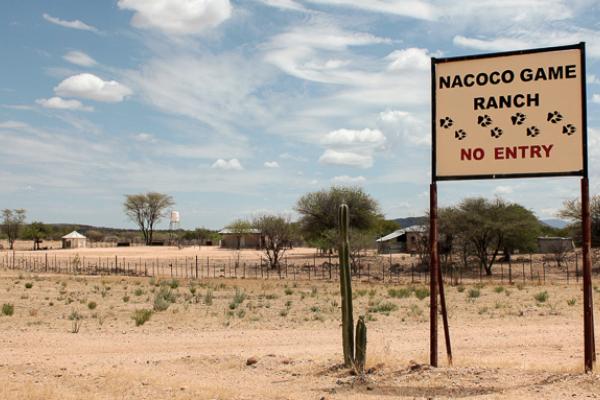Lorenzo Bagnoli is board member of the Investigative Reporting Project Italy (IRPI), a centre for investigative journalism based in Italy.
He holds a Master in Journalism awarded by the Catholic University in Milan. Currently he is also a contributor at Il Fatto quotidiano and Q CODE Magazine. He worked for Peacereporter, E il mensile (Emergency), Linkiesta and Lettera43. In 2014, he published Lezioni di mafia, a book based on 12 lessons of former general anti-mafia prosecutor Pietro Grasso.
Bagnoli also filmed Vacanze forzate, a documentary about the massive flow of immigrants from North Africa during the Arab springs that was presented at the Milano film festival 2011. He received a special mention at the Gruppo dello zuccherificio prize for investigative journalism with a project on visa trafficking called Paper borders. !function(d,s,id){var js,fjs=d.getElementsByTagName(s)[0],p=/^http:/.test(d.location)?'http':'https';if(!d.getElementById(id)){js=d.createElement(s);js.id=id;js.src=p+"://platform.twitter.com/widgets.js";fjs.parentNode.insertBefore(js,fjs);}}(document,"script","twitter-wjs");

